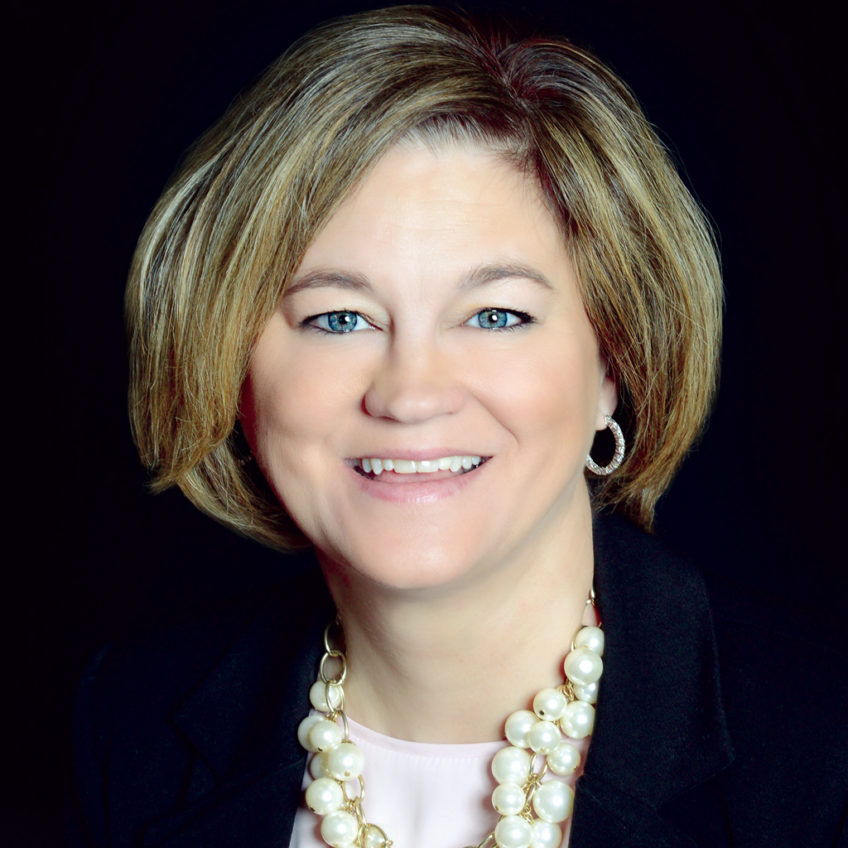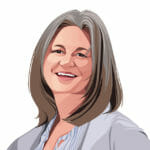
Leadership is hard. If you agree, keep reading. If not, scroll on.
There are so many dimensions to being a leader. Some people do it well, while others struggle. Some people think they are leaders in their organizations and yet have a tiny amount of self-awareness. Or worse, they believe their self-awareness gives them an excuse to behave terribly.
I believe understanding your emotions has everything to do with leadership. Let me explain. As we grow as leaders, we begin to have a true understanding of our emotions — not only understanding them in the moment but understanding where they come from. This is super hard work, but so worthwhile, and can be the key to unlocking your leadership potential.
Another really cool thing about understanding your emotions is there are great tools out there to help you practice and eventually improve. The work found in Bradberry and Greaves’ “Emotional Intelligence 2.0” gives us an excellent guide and practical simple strategies to improve.
The book is a great start but the real work comes from digging deep, reflecting and asking yourself tough questions. Peeling away the layers to understand why we react so intensely to some situations and not to others.
What does your past bring to the situation and can you get out of your own way? I have found it’s really hard to forgive yourself. Hurt from a long time ago can come out in our reactions during our professional lives. Not acknowledging past hurt doesn’t make it go away. Acknowledging it can help you understand why you react the way you do.
Taking the time to do this with a trusted mentor is so important. Emotional Intelligence 2.0 encourages us to find an EQ mentor. To help you recognize the skills and practice the strategies. Great advice.
This book is actually packed full of great advice and ideas to reflect on. For example:
“Self-awareness is a foundational skill; when you have it, self-awareness makes the other emotional intelligence skills much easier to use, as self-awareness increases, people’s satisfaction with life-defined as their ability to reach their goals at work and home-skyrockets.” (page 26)
Doesn’t everyone want to skyrocket?
I’ve been accused from time to time of getting too touchy-feely. Today, I own it. I can honestly say that with a smile.
Underneath the busyness of the day-to-day work we do it all comes down to our reactions. How we respond during one-on-one conversations with each other. How we talk to each other. How we balance our own needs and desires with those of others.
Emotions make or break the day. We can control our emotions if we take the time to understand where they come from.
If you are struggling with your leadership role, I would encourage you to take stock in your own emotions, take the time to ask yourself why am I responding this way. Work it out, journal, ask for feedback.
Trusted partners in your organizations will give you the feedback. You have to ask. Teammates aren’t likely to give you this very vital feedback unless you ask. Start with simple open-ended questions. Here are a few example questions:
“How would you describe me?”
“When in group situations, how am I perceived?”
“When we are in one-on-one conversations how do I make you feel?”
Schedule development time with someone you trust at work and listen with an open heart to the answers. Process the answers and then spend some time alone thinking about them and your emotions.
I know the number one excuse is who has time to do this? Make the time! It’s crucial for leadership development, which is crucial to building your organization’s culture. It takes time, but it does start with you.
Julie Thorson’s “Living Leadership” blog was named the 2016 “Best New Department” Bronze Award winner by the American Society of Health Publication Editors. Most recently, she was the 2018 recipient of the LeadingAge Dr. Herbert Shore Outstanding Mentor of the Year award. The president and CEO of Friendship Haven, a life plan community in Fort Dodge, IA, Thorson is a coach’s daughter at heart. A former part-time nursing home social worker, she is a licensed nursing home administrator and has been a participant in LeadingAge’s Leadership Academy.




